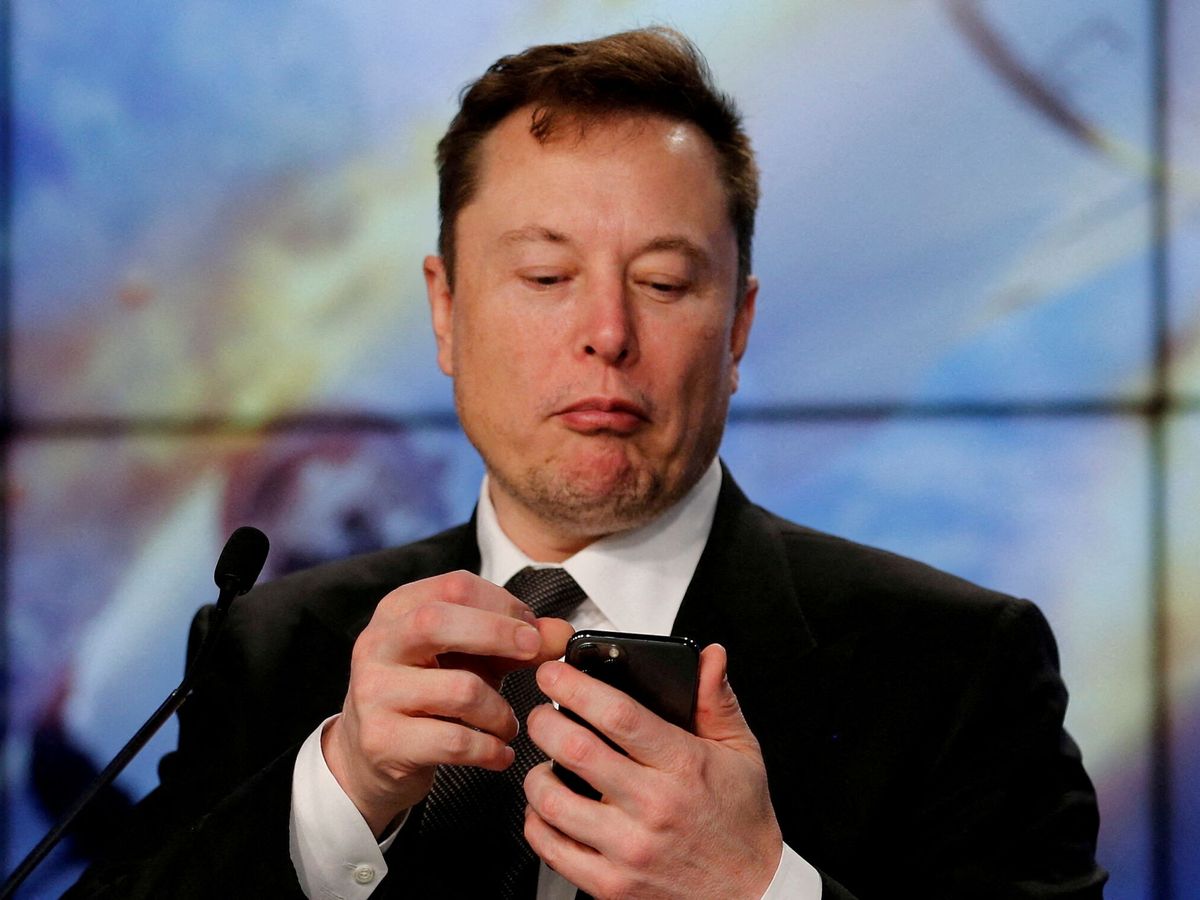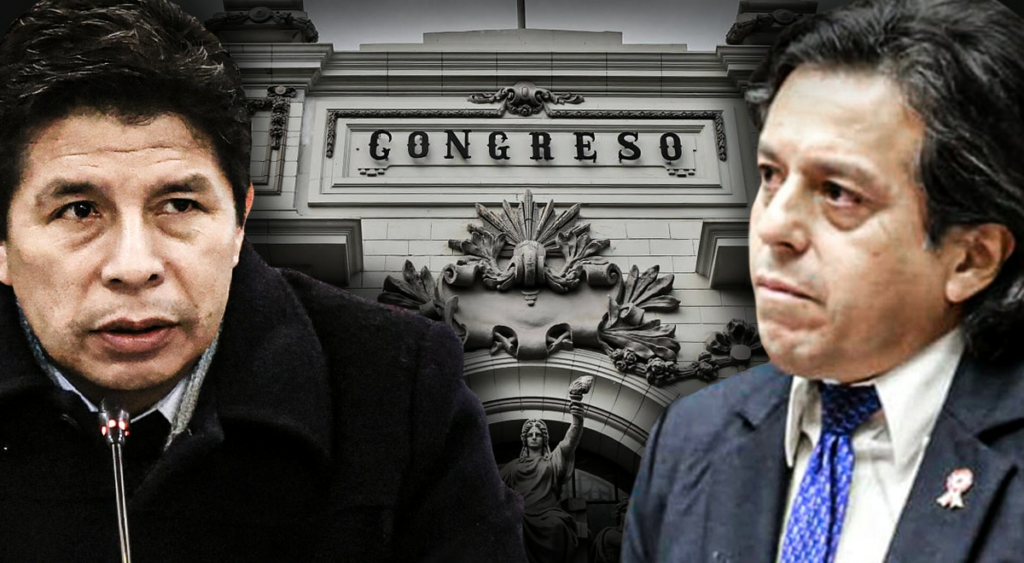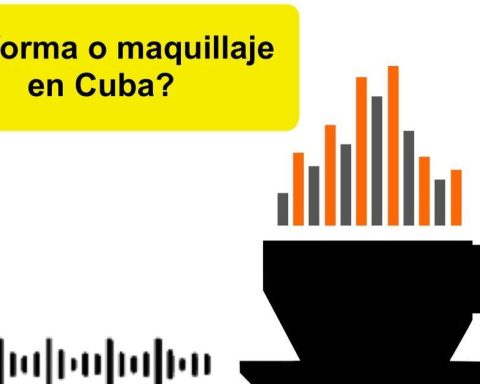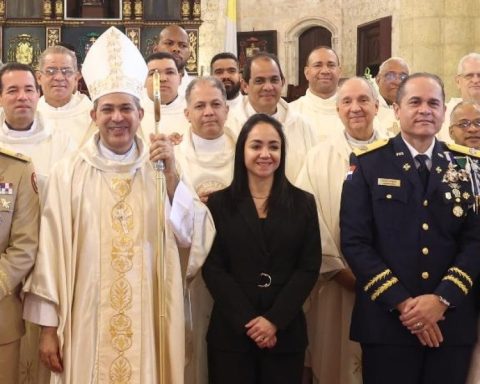Hate speech – including racist, anti-Semitic and homophobic attacks – has skyrocketed on Twitter since the social network was acquired by Elon Musk, according to several studies carried out by researchers and compiled by The New York Times this Friday.
For example, while before a daily average of 1,282 racist insults against blacks appeared on Twitter, since the world’s richest man controls the platform that number has tripled, to 3,876.
Something similar occurs with homophobic terms, which have gone from an average of 2,506 per day to 3,964, or with anti-Semitic messages, which grew by 61% in the two weeks after the change of ownership in the social network.
The figures have been compiled by experts from US organizations such as the Anti-Defamation League or the Center Against Digital Hate and contradict the claims of Musk and his team, who have ensured that hate speech has been reduced on Twitter.
On the contrary, researchers consulted by the Times point out that they have never before seen such a rapid increase in problematic content on one of the big social networks.
The billionaire businessman landed on Twitter with the promise of expanding freedom of expression and has taken several controversial measures such as offering an “amnesty” to thousands of accounts that had been suspended for their publications, including that of former US President Donald Trump, Vetoed for tweets about the assault on the Capitol and that, according to the platform, could incite violence.
In addition, Musk has fired thousands of company employees, including many dedicated to moderation and content control tasks.
Despite this, he has tried on numerous occasions to reassure advertisers, guaranteeing that Twitter is not going to become the Wild West, promises that have not had much effect, as many companies have chosen to stop hiring advertising on the social network. or have significantly reduced their presence.
In addition to an increase in hate speech, several experts point out that accounts that the social network usually did not take long to eliminate, for example those that identify themselves as part of the Islamic State (IS) terrorist group, are again being seen on Twitter.
In the first twelve days with Musk at the head of the social network, 450 profiles linked to IS were created, compared to 69 in the previous twelve days, according to data from the Institute for Strategic Dialogue, a group that studies extremism and disinformation on the internet.
They also point out that the payment verification promoted by Musk has allowed accounts linked to the QAnon conspiracy theory to equip themselves with the well-known blue mark and receive a certain veneer of legitimacy in the eyes of many users.

















